International platform ambitions? Check the tax rules!
In this article, you will read the most important tips and tricks from VAT specialist Philip Boerman with regard to internationalisation.
- Cope with European tax rules for platforms and marketplaces
- Conquer the UK market? You can best follow the local tax rules
- Advice for platforms: Talk with local advisors about judicial- and tax topics
Suppose your platform or marketplace is growing rapidly and you recognise the opportunity to expand your success internationally. What fiscal matters should you pay attention to? We talked to VAT specialist Philip Boerman. He advises and supports organizations in the area of national and international value added tax (VAT).

What VAT rules do you have to deal with as a platform or marketplace in Europe?
"If you trade within Europe from a Dutch legal entity, it's fairly simple: as a platform or marketplace you are bound by the tax rules that apply in your home country. So if you as a Dutch platform or marketplace provide services to a company or consumer in France or Italy, then these are treated according to the normal VAT rules. Services provided by the platform to consumers in other EU member states count as electronic services for which the so-called MOSS declaration ('mini-one-stop-shop-scheme') must be filed in the Netherlands. Services provided to companies in other EU member states qualify as so-called intra-community services. These rules are the same throughout Europe."

What do you need to consider after the Brexit?
"If the Brexit is a fact, the United Kingdom will no longer be part of the European Union. England will then no longer fall under the European VAT rules. Because many things still have to fall into place with regard to the Brexit, current VAT law in England will continue for a while. Formally, this could mean that services from platforms to consumers will then lead to English VAT (and thus registration there). Presumably, certain threshold values will also apply to this." Ultimately, according to Boerman, it comes down to the fact that if you want to claim a respectable position in the English market, you'd better commit yourself by setting up a legal entity locally and complying with the locally applicable VAT rules (and with tax rules in general).
What VAT rules apply if you want to do business outside the EU?
"It is difficult to make any meaningful statements about VAT in countries outside the EU. This is because they are all sovereign countries that determine their own tax rules. America, for example, does not have a VAT system as we know it. Also, the rules in Azerbaijan or the Philippines are completely different. The good news is: as long as your platform or marketplace is not located in these countries, no hard requirements can be set. However, in the worst case, if one sees reason to do so, your platform can be taken offline."
What is your most important advice for platforms or marketplaces with ambitions outside the Netherlands?
According to Boerman, having this 'Couleur Locale' also provides extra confidence to users of your platform or marketplace. Users in Germany simply prefer to do business with a GmbH and local people rather than with a Dutch BV and people who don't speak the language, or don't speak it well enough."

"It is therefore advisable in any case to talk to local advisors about legal and tax matters. For EU countries, the familiar EU VAT system can provide guidance. As mentioned, sovereign countries outside the EU determine their own tax rules. A local tax expert can tell you all about this. It may also be the case that you cannot do any business at all in the country without setting up a legal entity. And if you set up a legal entity, there are many more legal and tax issues involved. Then it's also essential that you can seek advice from local specialists on the applicable rules regarding corporate tax, labor law and other matters."
Although the online world knows no borders, a physical step across the border for a platform or marketplace is not an easy task. Our CEO Maurice Jongmans also experienced difficulties in crossing the border when we opened a new office during the corona crisis. He opens up about it in an article that Sprout has published.

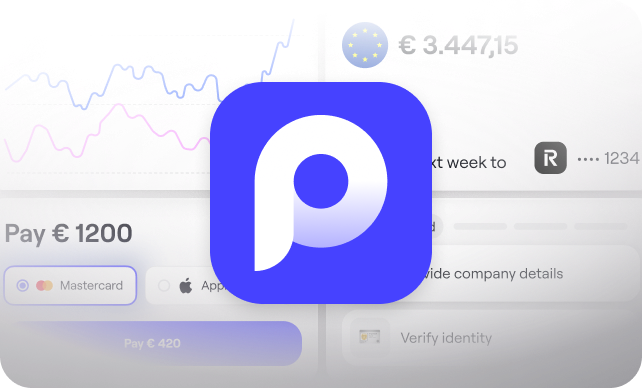
.svg)
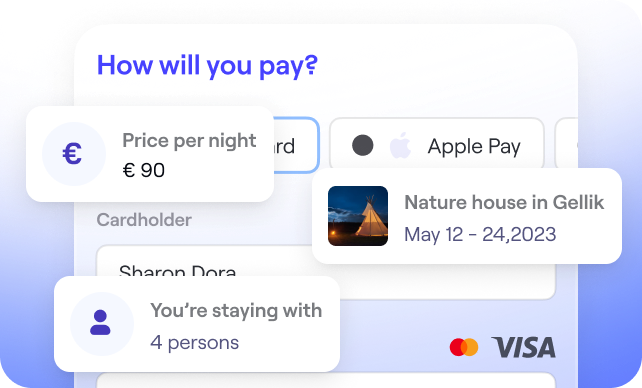




.svg)
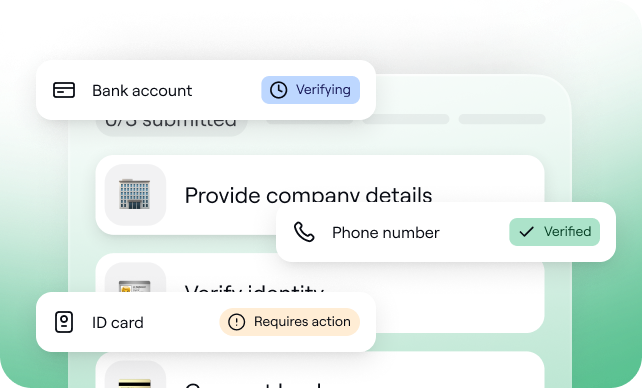
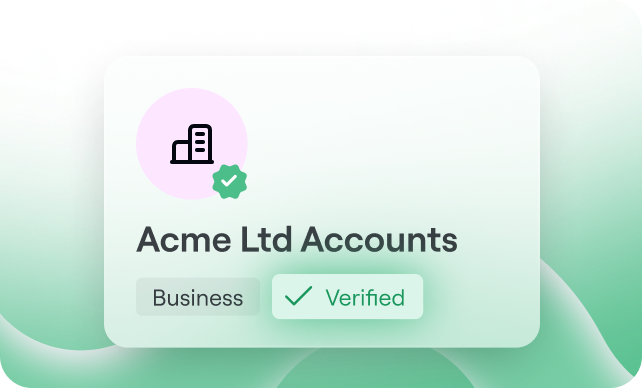

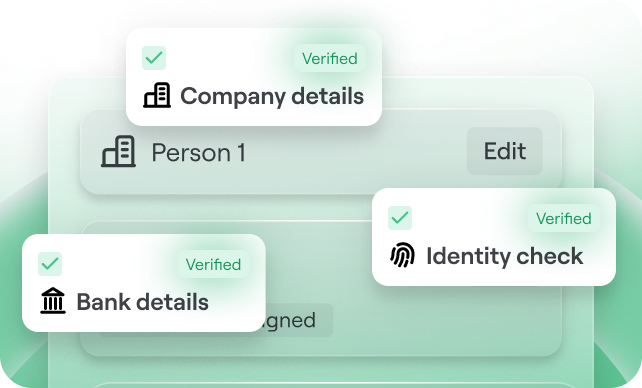
.svg)
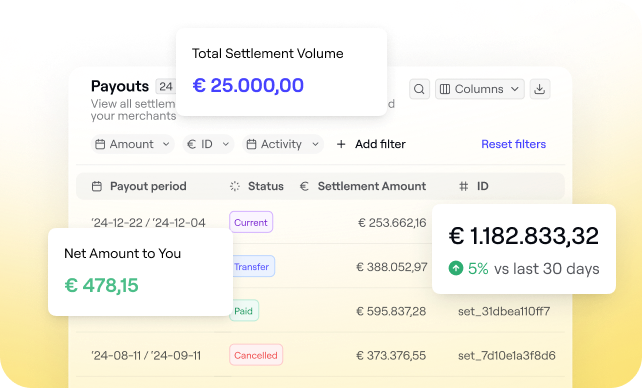

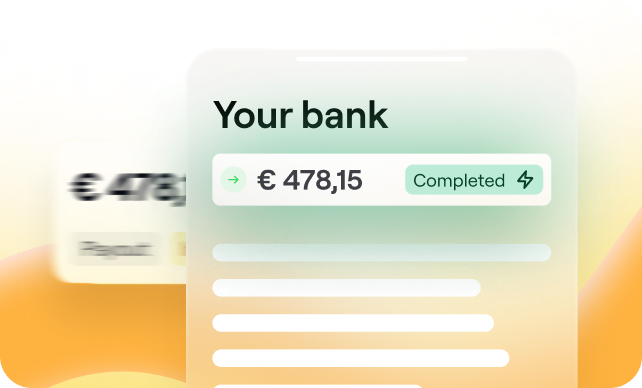

.svg)
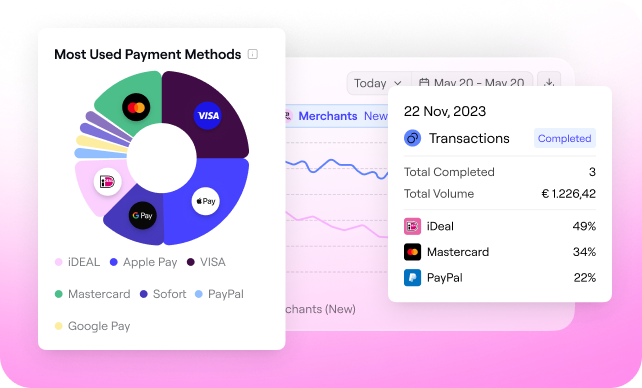
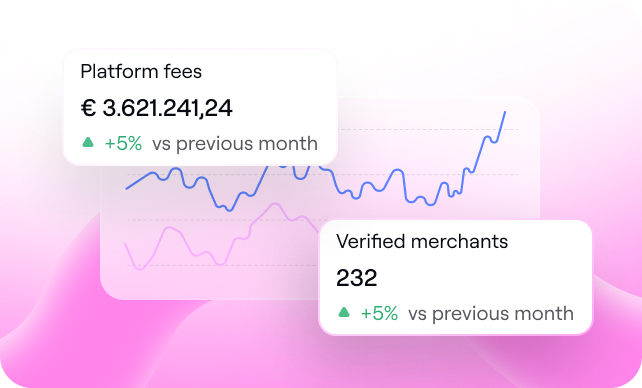

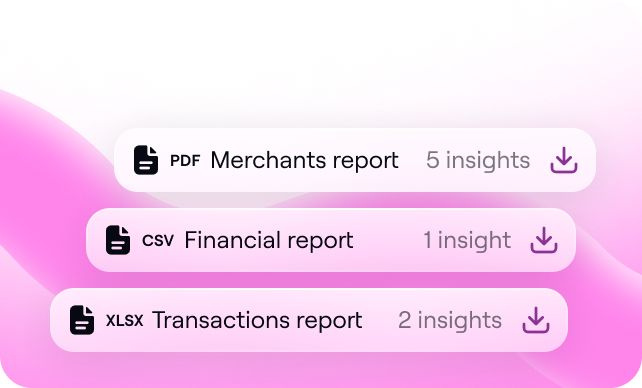
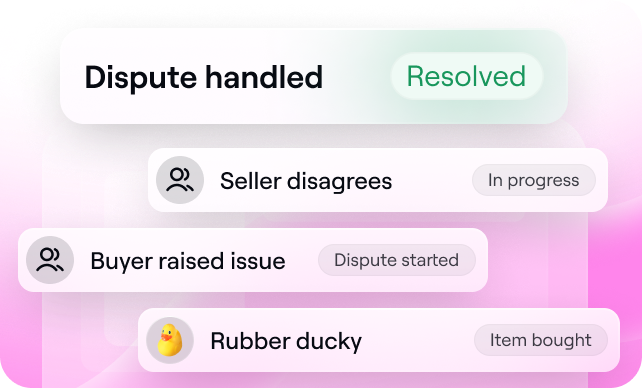






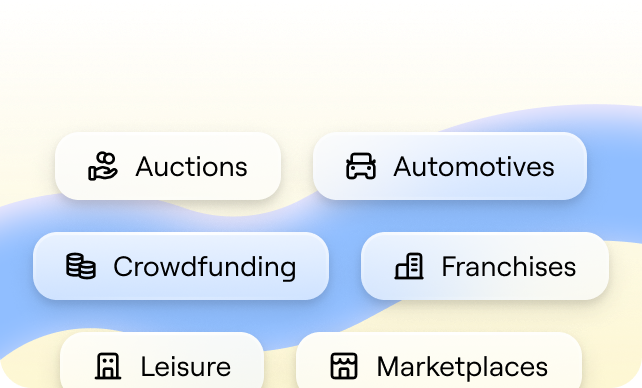







%20(1).png?width=1300&name=Copy%20of%20Copy%20of%20Blog%20post%20(1620%20x%201080%20px)%20(1).png)



.png)
.png?width=75&height=51&name=Worldline%20(2).png)